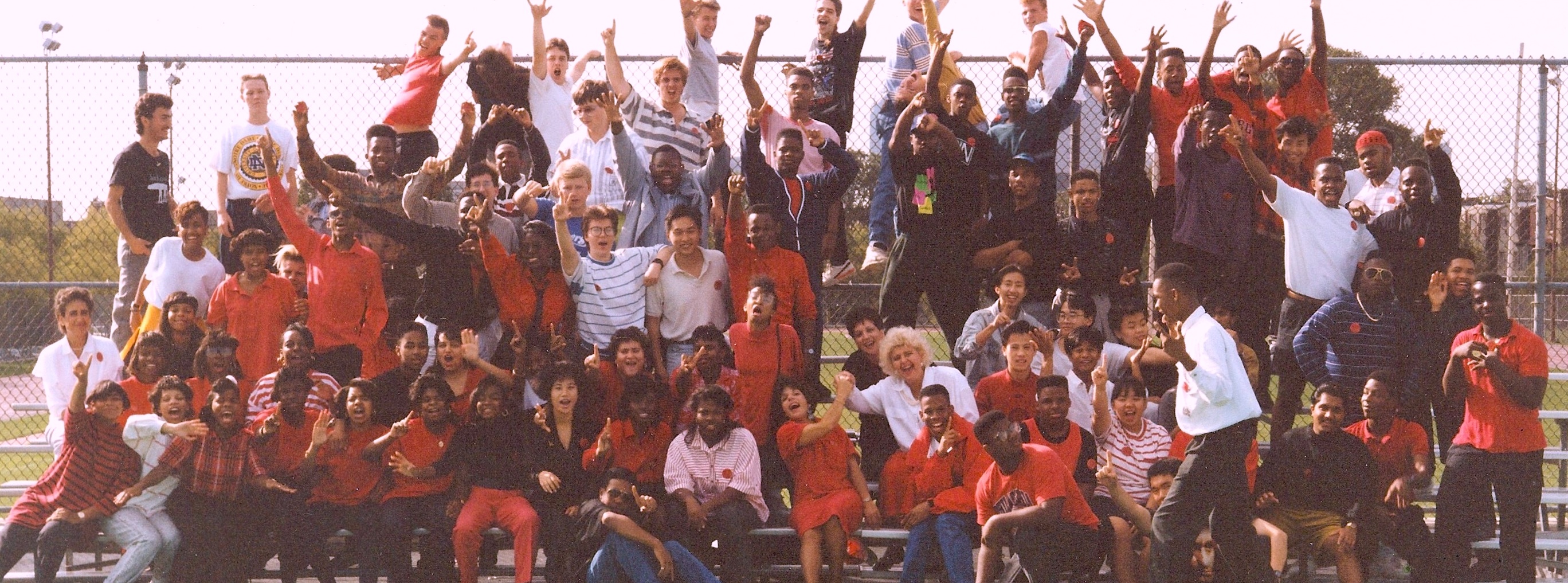
At the school where I teach and research we just finished our second week of the semester, and this past Monday we (as a nation) remembered Martin Luther King Jr. and the vision that he and the Civil Rights Movement leaders imparted to the rest of the nation. When confronted with great figures whose lives end prematurely, especially at the beginning of a new semester sets my mind to the question of calling: why do we do what we do?
This question is particularly salient as I am teaching a new grad seminar on how to write in the social sciences. As I prepped for the course over the winter break it was clear to me that calling has to be at the root of what we researchers do, and maybe a little bit of madness or possibly ineptitude at most other kinds of work. But really, as I enter into conversations with the new graduate students about why research is so important not only for society but also for their careers, the obstacles to accomplishing good research in the ever-changing rules of higher education seriously lead me to ask reflectively: why would you do this?
It’s perhaps a coincidence (so I wonder) that the pastor of the church I attend with my wife touched on this same topic using an historic figure that one doesn’t normally hear about in general, and perhaps less so in a church, and perhaps even less than that in a predominantly white church: George Washington Carver.
Carver’s story is (and probably should have been) important to me personally because my high school was named after him. Rightly so, Carver High School reached out to the best of the best among the youth of Philadelphia, home to a large African American population with a rich history all their own. As I tell my undergrad students, I was aware that I was a racial minority while attending high school, but I did not realize that the majority of my classmates who were black were also a minority in American society. And it was through their stories embedded in the curriculum that I was introduced to role models like George Washington Carver.
As cognitive research reminds us, our memories are often quite faulty, and we forget a lot of stuff that should have made a solid imprint on our minds given the herculean efforts of teachers. For me, my memory of Dr. Carver was that he was a scientist and “he did a lot cool things with peanuts.” And as I was reminded in the pastor’s sermon, indeed he accomplished much through this very small crop.
What was more important however was that Carver truly felt called to his work, and his work had the aim of solving a significant problem for a marginal people that he identified with. Excessive dependence on one crop might yield great profits in a good season, but most of our history of the typical farmer in the south during this time period suggests that profitable yield was a rare experience. This problem, according to many, lit a fire in Dr. Carver that could not be quenched. And even with offers to conduct research at other universities or to turn a handsome entrepreneurial profit with his discoveries, he decided to continue working in the same place, the Tuskegee Institute (later Tuskegee University), for 47 years, until he died.
This sort of commitment to work along with the kind of frugal living are characteristics of the well-known Protestant work ethic. And of course that got me wondering about Dr. Carver’s faith. While I confess reliance on wikipedia’s entry for much of this next section, I hope you’ll indulge me on this one given the nature of blogging. Not surprisingly, Carver was a Christian. But surprisingly, there’s little description of the denomination or the congregational context to which he may have belonged. He was most likely a part of an African American church since racial segregation was the norm, and the limited record suggests that church life was fairly amicable and perhaps even supportive of him and his work.
This stands against two particular images we have about religion and science during Carver’s time. Among white conservative Christians, the Scopes Monkey trial had been a legal victory but a massive public loss, marking them as uneducated and hostile to scientific endeavors. Not surprisingly scientists at faith-based colleges and universities were circumscribed on what they could teach and research given the intervening efforts of religious activists in the communities that funded these schools.
Dr. Carver seems to have been protected from these battles at Tuskegee Institute and perhaps it is part of the experience that African American Christian scientists faced: his concerns for the plight of African American farmers were not on the radar of white Christians and their concerns over the teaching of evolution were not on his radar (after all, which African American Christian children were attending the schools at the center of this battle?). And yet the work before him, in solving the problems of black agrarian workers kept him busy enough it seems.
So over 20 years after I graduated from the school in Philadelphia that bears his name, I am reminded of Dr. Carver’s sense of calling to the work for which he is most known. It reminds me too that my own work as a sociologist is a calling too; whether it involves reaching a larger public issue may be less important than that I give my best to reach those who I feel called to.












